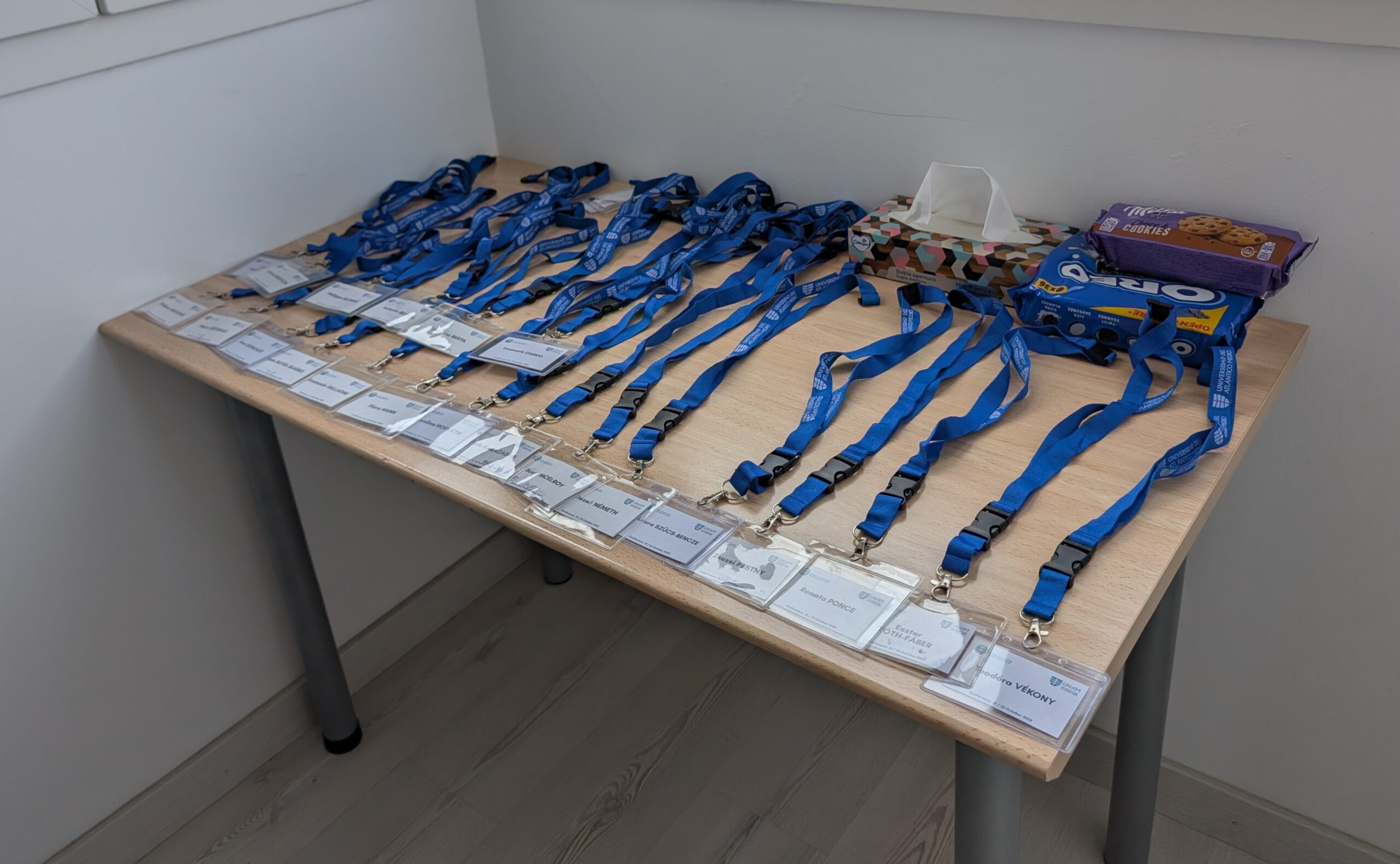Our conference on statistical learning is set to commence on Tuesday, October 21, and Wednesday, October 22, 2025, bringing together experts to delve into the intricate relationship between statistical learning, clinical neuroscience, and cognitive control. The comprehensive program promises a deep dive into the latest findings across key domains of psychological science.
Day One: Statistical Learning and Cognitive State
The event officially kicks off with Session 1: Clinical, spectrum, and developmental perspectives in statistical learning. This morning session, starting at 10:10, will address critical questions ranging from the typical development of statistical learning (Eszter Tóth-Fáber) to its connection with clinical traits, including how autistic traits relate to predictive processing (Flóra Hann) and the neural underpinnings of habit learning in Obsessive-Compulsive Disorder (Bianka Brezóczki). The session also explores the link between statistical learning and ADHD Traits in the general population (Karolina Horváth), concluding with research on goal-directed and habitual processes in work addiction (Krisztina Berta).
The afternoon is dedicated to Session 2: Local sleep, mind wandering, and cognitive functions. Researchers will present work on how mind wandering interacts with response inhibition during statistical learning (Teodóra Vékony) and explore the potential of non-invasive brain stimulation to modulate mind wandering and executive function (Andreas Alexandersen). Other topics include oculomotor correlates of mind wandering (Philippe Blondé) and the influence of partial sleep deprivation on executive performance (Gábor Csifcsák).
Day Two: Intervention and New Directions
Wednesday’s program begins with Session 3: Intervention studies: non-invasive brain stimulation at 10:00. This session highlights cutting-edge research using techniques such as inhibitory rTMS to investigate the asymmetric role of the dorsolateral prefrontal cortex (DLPFC) in statistical learning and implicit knowledge retrieval (Zsuzsanna Pesthy, Laura Szücs-Bencze). Further talks will examine whether predictive mechanisms are shaped by gender (Ines Botia Suarez) and the reversal of spatial Stroop interference (Renato Ponce).
The conference concludes its official presentations with Session 4: Introduction of the new members of the Gran Canaria Cognitive Research Center. The session provides a platform for the newest members—Emanuele Ciardo, Emanuele Galladini, Dicle Karacadag, and Marc Deosdad—to introduce their research and focus areas to the broader community.

